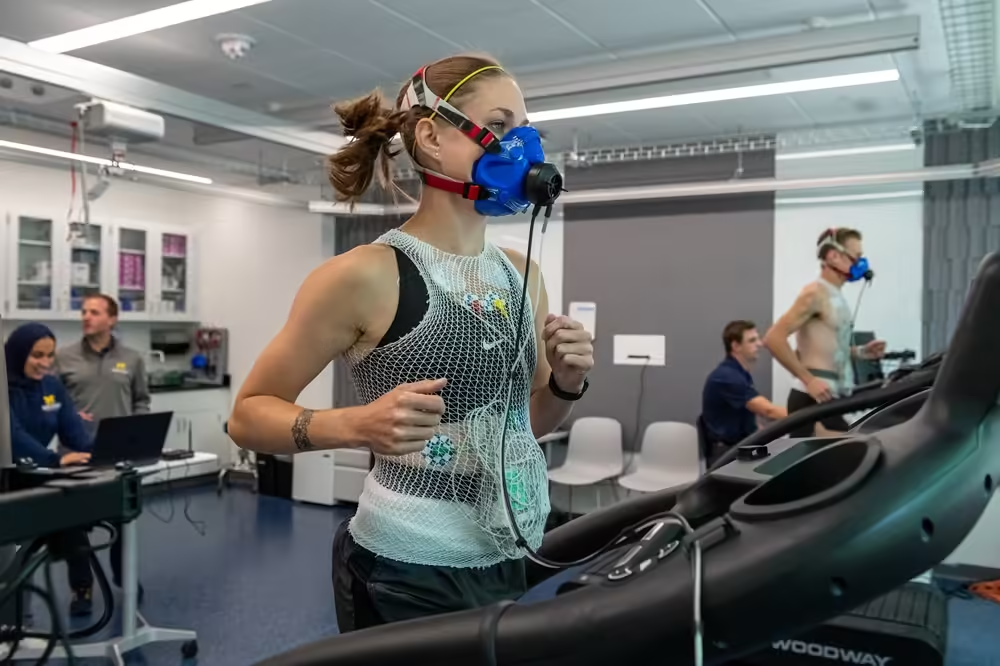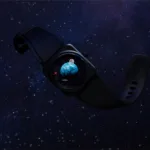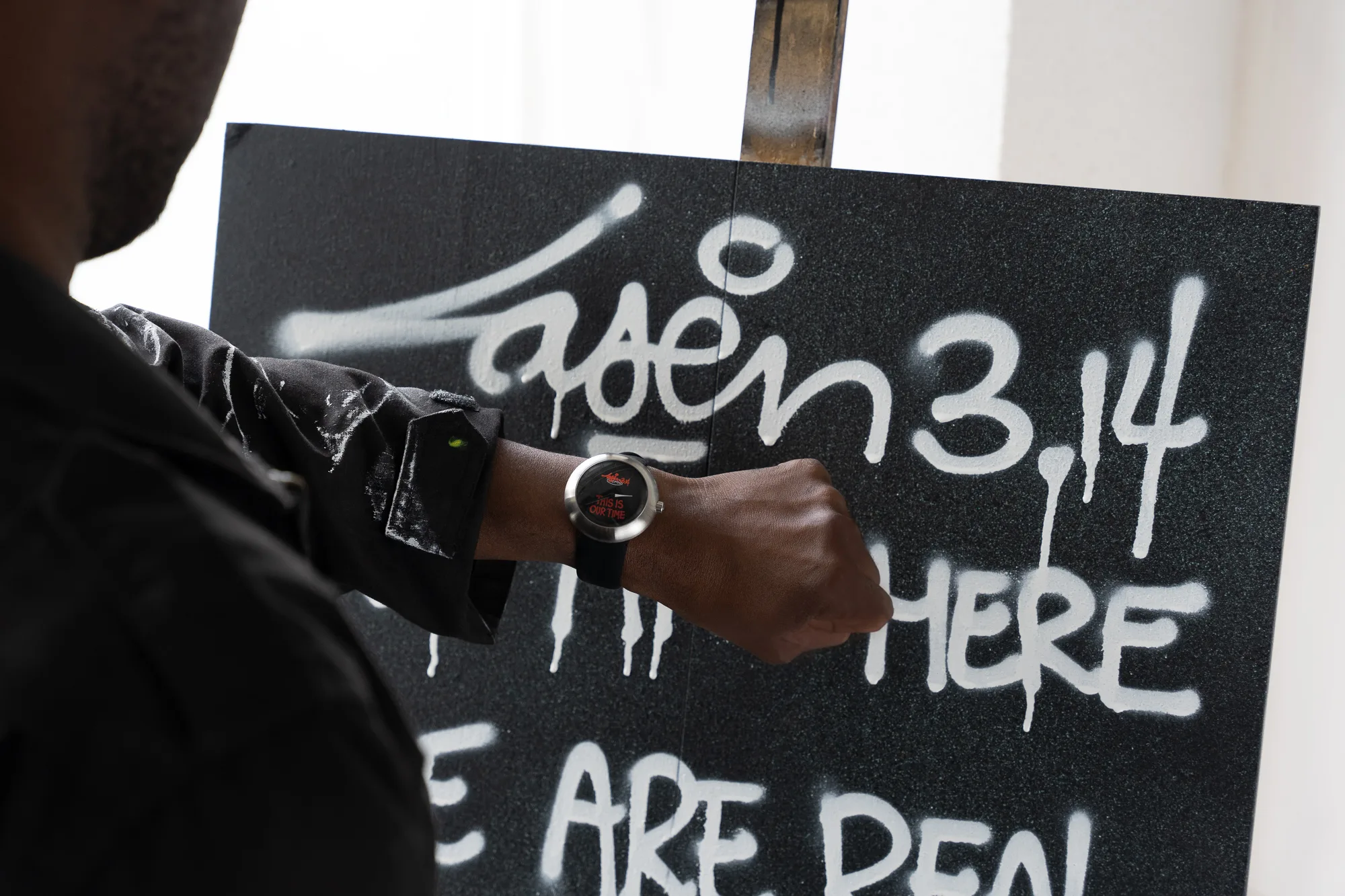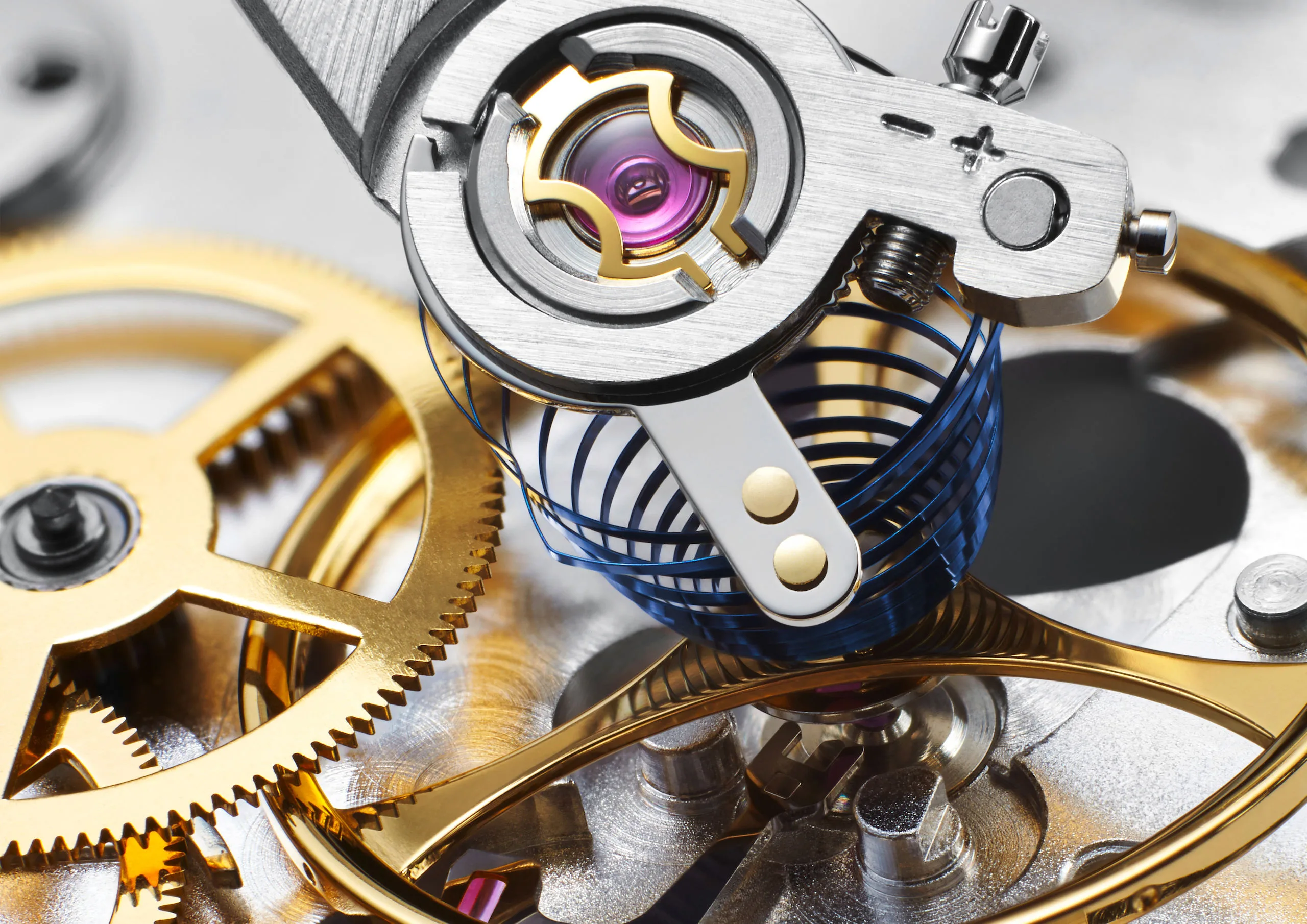
Recent studies conducted by the University of Michigan’s Human Performance & Sport Science Center (HPSSC) have affirmed the accuracy of Samsung‘s Galaxy Watch in monitoring key fitness metrics. This collaboration underscores the intersection of cutting-edge technology and advanced academic research, providing valuable insights for both athletes and fitness enthusiasts.
Key Findings of the MiPR Studies
Heart Rate Monitoring
Heart rate monitoring is a critical metric for evaluating workout intensity. The Michigan Performance Research Laboratory (MiPR) found a 90% correlation between the Galaxy Watch’s heart rate readings and those obtained from electrocardiogram (ECG) equipment, the gold standard in heart rate measurement. This high level of accuracy ensures that users can rely on the Galaxy Watch for precise heart rate data during physical activity.
Sweat Loss Measurement
Proper hydration is essential for optimal performance and recovery. The Galaxy Watch’s ability to estimate sweat loss was validated with a 95% correlation to reference devices used in the study, covering distances from 2.5 km to 20 km. This feature allows users to adjust their hydration strategies based on accurate data, enhancing overall performance and recovery.
VO2 Max Analysis
VO2 max is a key indicator of cardiovascular endurance, reflecting the maximum amount of oxygen the body can utilize during intense exercise. The MiPR study demonstrated an 82% correlation between the Galaxy Watch’s VO2 max readings and clinical-grade equipment. Although slightly lower than other metrics, this level of correlation is still considered acceptable, providing users with a reliable assessment of their cardiovascular fitness.
Body Fat Percentage
Body composition is a more informative measure of fitness than body weight alone. The Galaxy Watch’s body fat percentage readings showed a 95% correlation with dual-energy X-ray absorptiometry (DEXA) results, a standard diagnostic test for body composition. This feature enables users to track changes in their body composition accurately, offering a comprehensive view of their fitness journey.
Expert Insights
Dr. Hon Pak, Senior Vice President and Head of Digital Health Team at Samsung Electronics, emphasized the significance of this validation: “We’re proud to be recognized by the renowned Michigan Performance Research Laboratory — their skilled researchers and expertise in wearable technology give us confidence in the accuracy of the Galaxy Watch’s fitness tracking capabilities.” This endorsement highlights Samsung’s commitment to delivering precise fitness tracking experiences.
Adam Lepley, MiPR Director and Associate Director of HPSSC Research, further remarked, “Our partnership with Samsung exemplifies the power of combining industry-leading expertise with pioneering independent research at the academic level. Together, we can advance scientific discovery and provide information back to consumers that will enhance the use of Samsung’s technology.“
Practical Applications for Galaxy Watch Users
The findings from the University of Michigan studies can enhance the user experience for Galaxy Watch owners, providing them with confidence in the device’s ability to accurately monitor their fitness journey. Key applications include:
- Personalized Heart Rate Zones: By setting personalized heart rate zones, users can optimize their workout intensity, aligning it with their health and wellness goals.
- VO2 Max Tracking: Understanding VO2 max can help users set realistic fitness goals and measure their progress over time.
- Sweat Loss Measurement: Post-workout hydration can be better managed by utilizing sweat loss data, improving recovery strategies.
- Body Composition Monitoring: Regular tracking of body fat percentage and other composition metrics can offer a detailed view of fitness progress, beyond simple weight measurement.
Conclusion
The validation of the Samsung Galaxy Watch by the University of Michigan’s HPSSC reinforces the device’s reliability in fitness tracking, offering both novice and experienced users a dependable tool for monitoring key health metrics. For more information and to explore the Galaxy Watch series, visit the official Samsung website.







